
What is a period?
A period is when someone bleeds from their vagina. This is also called menstruation. They happen around every month as part of the menstrual cycle.
Wondering what counts as a heavy period? How to manage severe period pain? Or want to learn more about a specific gynaecological condition?
Our hub gives you all the information you need to help manage your symptoms, to know how and when to seek help, and where to find key support services.
Let's make sure no-one is held back by their period.

A period is when someone bleeds from their vagina. This is also called menstruation. They happen around every month as part of the menstrual cycle.
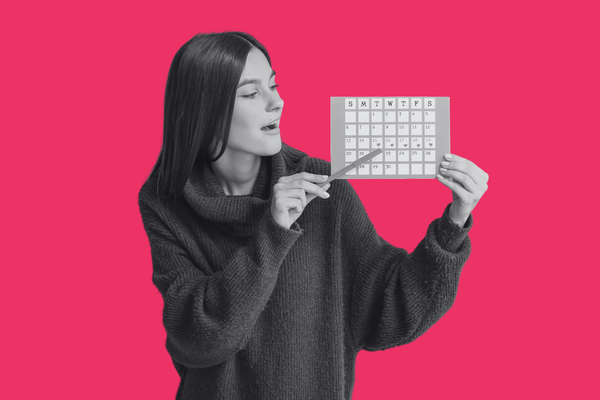
Your menstrual cycle is the time from the first day of one period to the day before your next period.
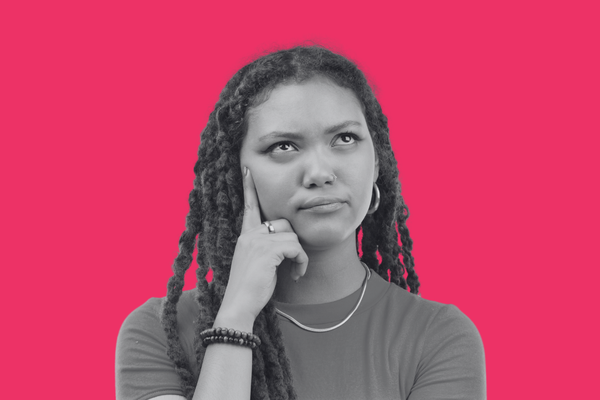
You may have heard stories about periods that do not sound quite true. But how can you tell for sure?
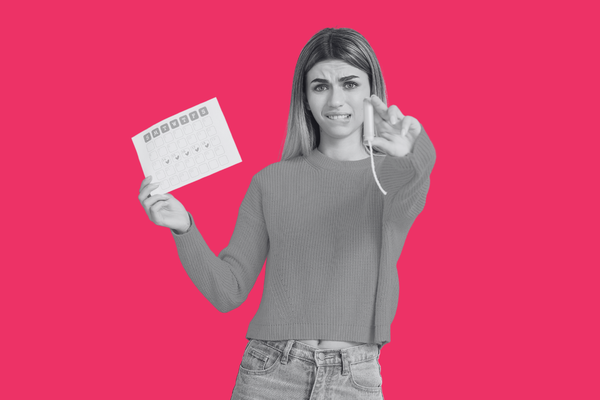
You might be nervous about getting your first period, or you might have had periods for a while but are finding them difficult. You’re not alone.

Do you know fact from fiction when it comes to premenstrual dysphoric disorder (PMDD)?
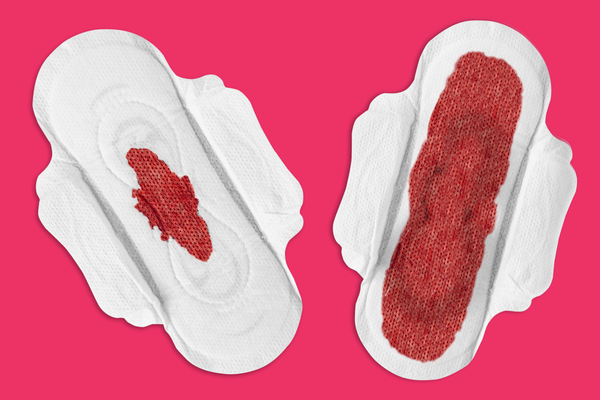
Heavy bleeding during your period can feel scary, upsetting and embarrassing. Although it’s common, it’s not something you have to accept as “just a period” - there are treatments that can help.
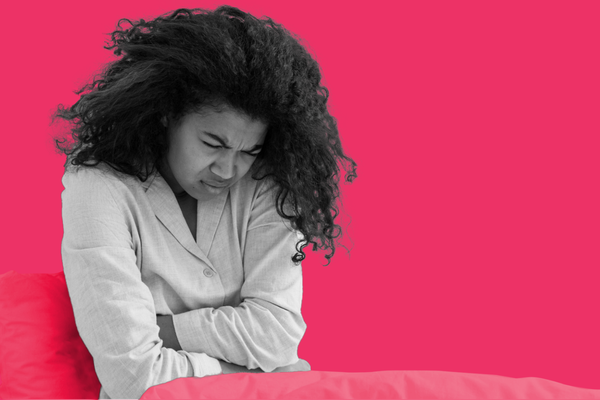
Some mild discomfort and cramping during your period is common. But if your periods are painful and affect your everyday life, you don’t have to put up with it. There are treatments that can help.
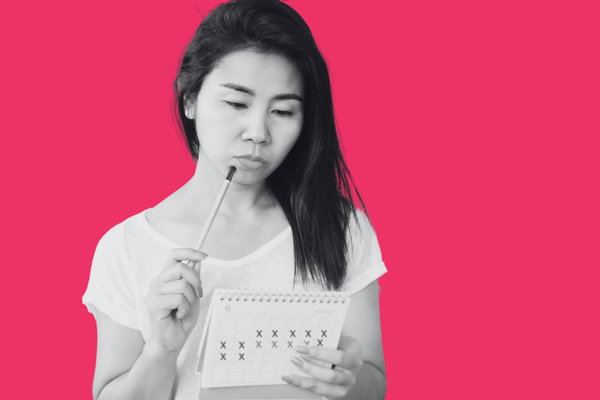
On average, a menstrual cycle lasts between 24 and 38 days, but what happens if yours isn’t regular or predictable?
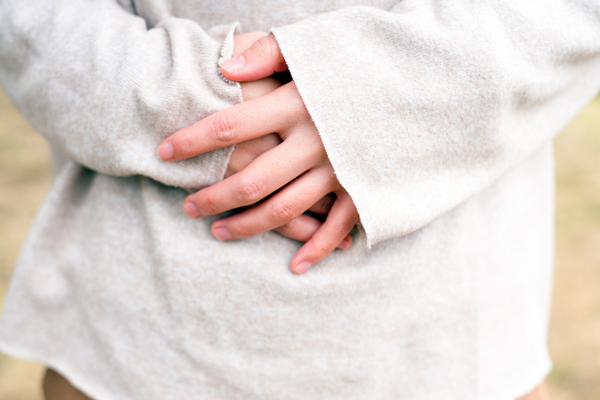
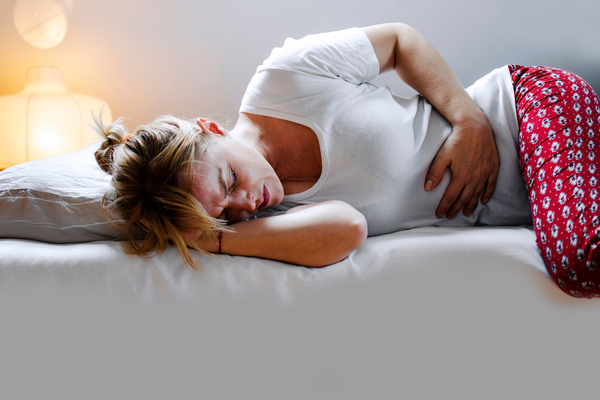
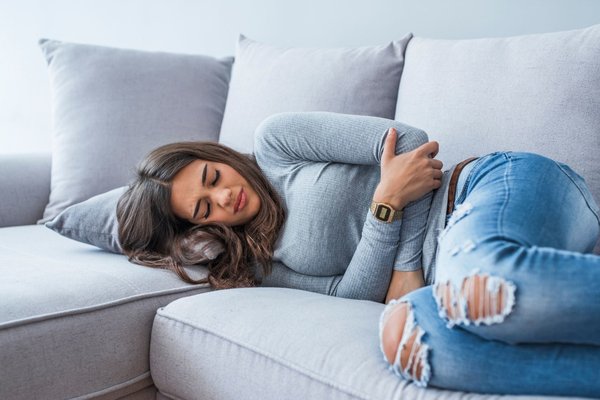
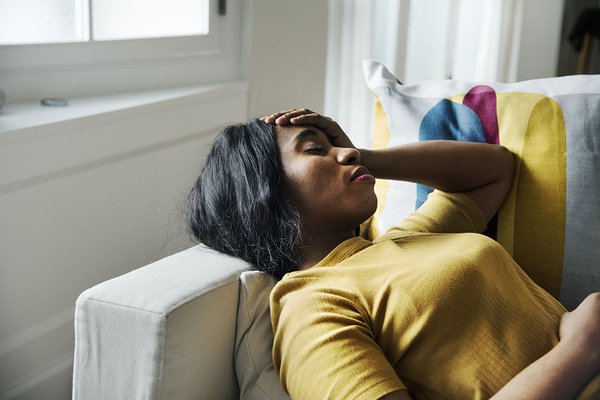
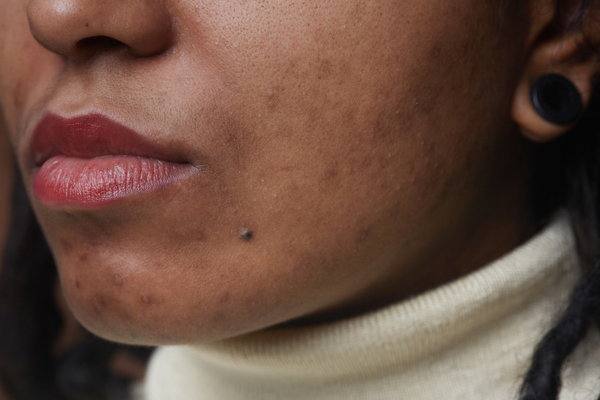
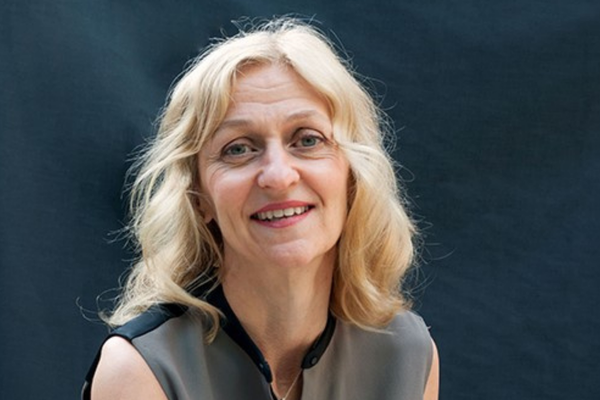
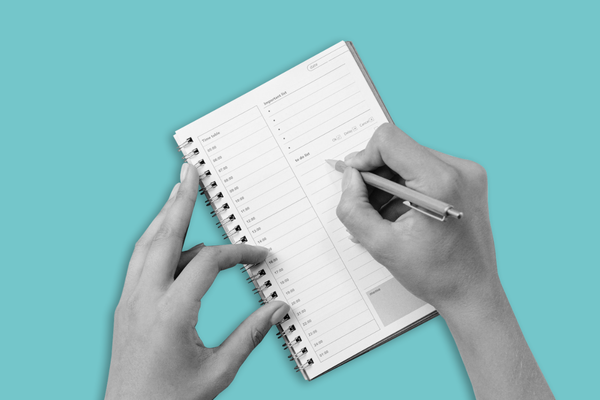
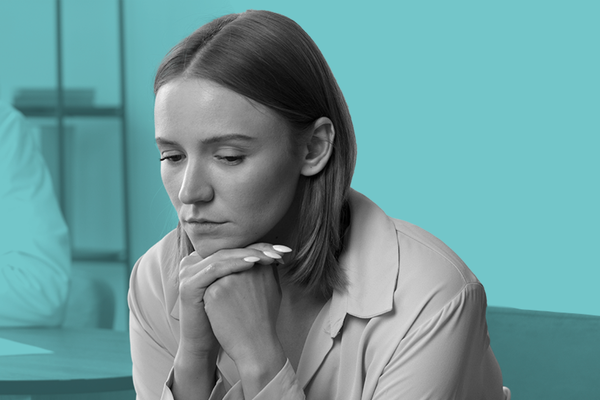
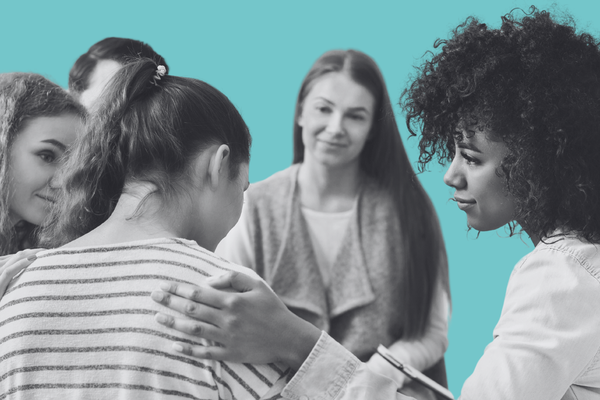
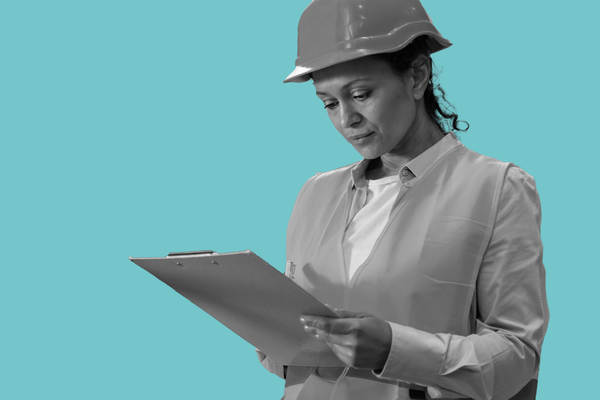
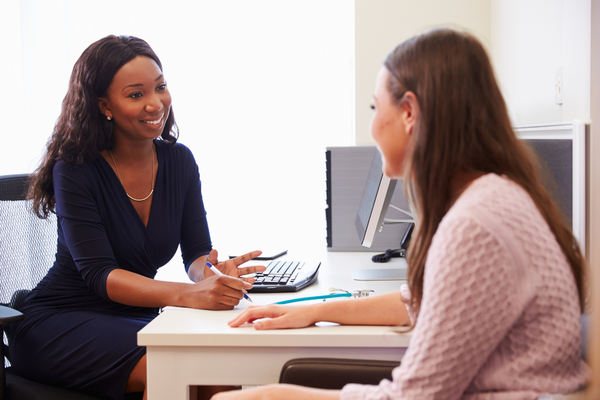
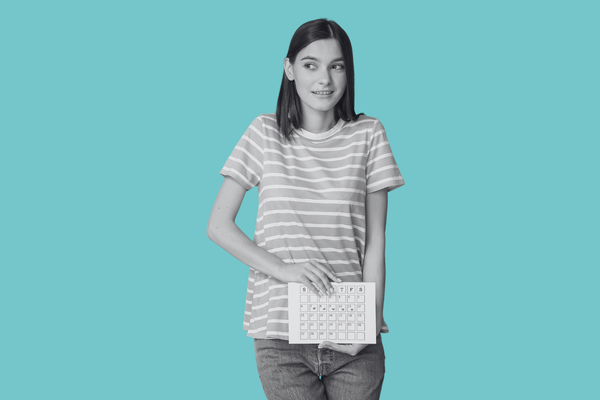
These videos feature women living with gynaecological conditions and advice from medical experts.
Myth busting - Dr Nighat Arif
Polycystic Ovary Syndrome (PCOS) webinar
Fibroids and adenomyosis webinar
Heavy menstrual bleeding webinar
Endometriosis webinar
Gynaecological Cancers webinar
Esther’s story: PCOS
Dawn’s story: fibroids
Beth’s story: endometriosis and adenomyosis
Tanya's story: endometriosis and adenomyosis
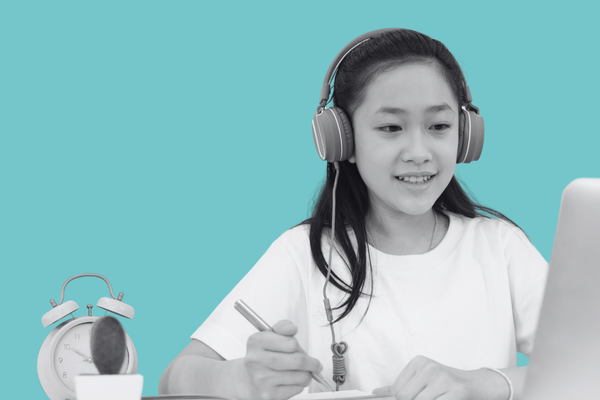
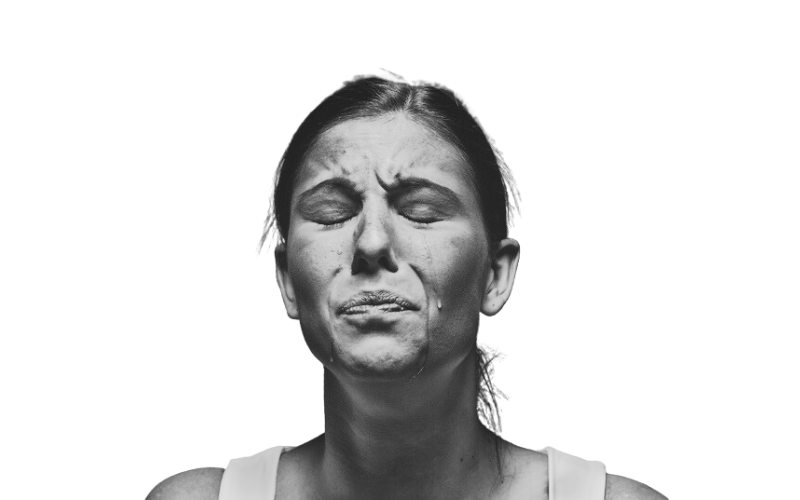
You don't have to accept severe pain or heavy bleeding. Find out more about our campaign for better menstrual health and read other people's stories about their periods.
Being inclusive is absolutely critical to the success of our campaign.
We use the terms “women”, “girls”, and “people who menstruate” to reflect the fact that while most individuals affected by problem periods are women and girls, some trans, non-binary and intersex people can experience these too. Everyone who needs high quality information, treatment, care and support should be able to access it.